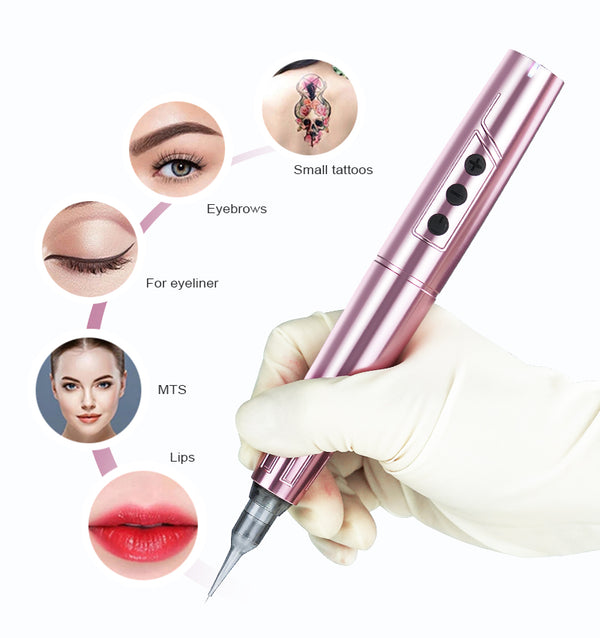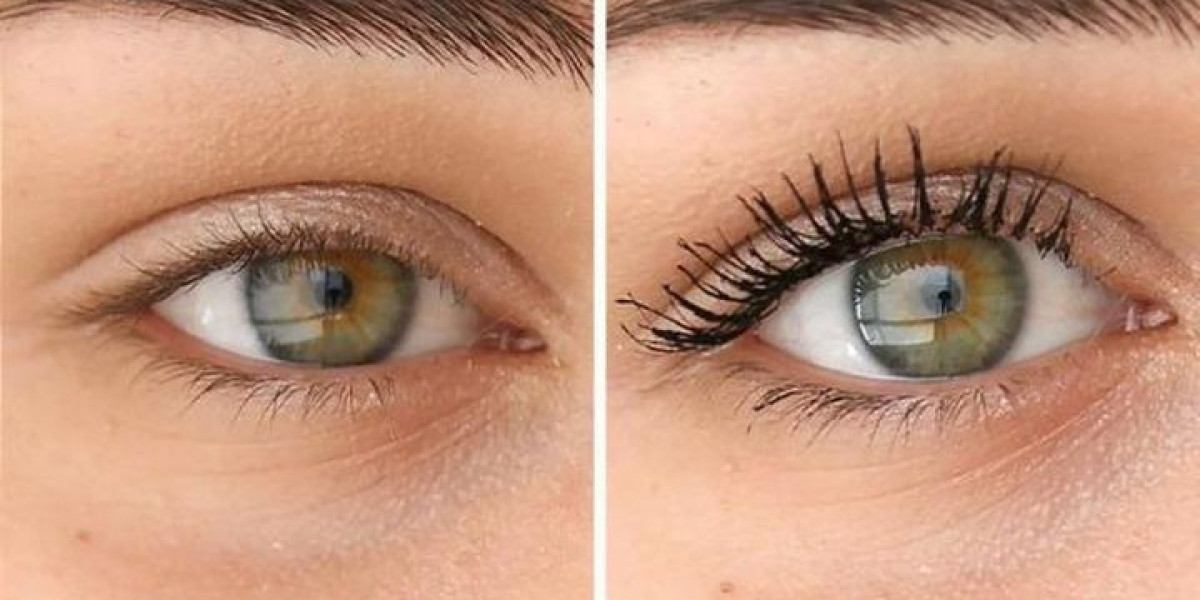Unveiling the Secrets: Effortless Ways to Banish Beauty Stencils for Flawless Skin!
Beauty stencils have surged in popularity in recent years, becoming a go-to tool for many makeup enthusiasts. These innovative products allow users to achieve intricate designs and flawless finishes without the need for professional assistance. However, as with any beauty application, the removal process can be tricky. An effective stencil removing solution is essential not just for achieving a polished look but also for maintaining the health of your skin. If left on for too long or improperly removed, beauty stencils can cause irritation and discomfort. In this article, we will explore various methods and products designed to help you remove beauty stencils safely and effectively, ensuring your skin stays radiant and healthy.

Understanding Beauty Stencils
Beauty stencils are essentially templates made from flexible materials, allowing users to apply makeup in specific patterns or designs. They are commonly used for eye makeup, nail art, and even body painting. The materials used for these stencils can range from plastic to silicone, each designed to adhere to the skin temporarily while providing a clear outline for application. Their purpose is to simplify the makeup process, making it accessible for everyone, regardless of skill level. Many users enjoy experimenting with these stencils for special occasions, festivals, or simply to enhance their everyday look. Yet, while they add a touch of creativity to beauty routines, understanding how to remove them is just as crucial as knowing how to apply them.
Challenges of Removing Beauty Stencils
Removing beauty stencils can pose a variety of challenges. One of the most common issues is skin irritation, especially for those with sensitive skin. The adhesive used on some stencils can leave a sticky residue that not only clings to the skin but can also lead to breakouts or allergic reactions. Additionally, if stencils are pulled away too quickly or forcefully, they can strip away the top layer of skin, leading to redness and discomfort. A friend of mine once experienced a mild rash after using a particular stencil that she left on for too long. This unfortunate incident highlights the importance of being cautious during removal. It’s vital to choose the right method and to be gentle to avoid causing harm to your skin during the process.
Effective Methods for Stencil Removal
When it comes to removing beauty stencils, several methods can be employed, ranging from natural remedies to chemical solutions. The choice often depends on personal preference, skin type, and the type of stencil used. For those looking for a gentle approach, a natural removal solution may be ideal. On the other hand, chemical solutions can provide quick results but may require extra care to avoid skin irritation. Regardless of the method chosen, the key is to approach the removal process with patience and care to ensure a smooth and comfortable experience.
Natural Removal Solutions
Natural removal solutions can be both effective and gentle on the skin. Common household items like olive oil, coconut oil, and aloe vera gel serve as excellent options for dissolving the adhesive used in beauty stencils. For instance, I once used coconut oil to remove a stencil after a night out, and I was pleasantly surprised by how easily it worked. Simply apply a small amount to the stencil area and let it sit for a minute before gently wiping it away with a soft cloth. Another popular remedy is using a mixture of baking soda and water to create a paste that can help break down the adhesive. These natural methods not only remove stencils effectively but also nourish the skin in the process.
Chemical Removal Solutions
Chemical removal solutions are another option for those seeking a quick fix. Many beauty supply stores offer specialized products designed to break down the adhesive used in stencils. These products often contain solvents that can effectively dissolve stubborn residues. However, it’s crucial to read ingredient labels carefully, as some chemicals may cause irritation or allergic reactions. For instance, while some friends have had success with alcohol-based removers, others found them too harsh for their skin. It’s always a good idea to conduct a patch test before applying any new product to your entire face or body.
Best Practices for Skin Care Post-Removal
After successfully removing beauty stencils, it’s essential to care for your skin to maintain its health and prevent irritation. Hydration is key; applying a soothing moisturizer can help calm the skin after any potential irritation from the removal process. Products containing aloe vera or chamomile are excellent choices for soothing irritated skin. Additionally, giving your skin a break from heavy makeup for a day or two can help it recover. I’ve found that taking the time to pamper my skin with a gentle exfoliation followed by a hydrating mask works wonders after a stencil application. This not only helps restore my skin’s natural glow but also prepares it for future makeup applications.
Final Thoughts on Stencil Removal
In conclusion, effectively removing beauty stencils is crucial for maintaining healthy skin and achieving a flawless look. By understanding the different methods available, from natural solutions to chemical removers, you can choose the best approach that suits your skin type and sensitivity. Remember to follow up with proper skincare practices post-removal to ensure your skin remains hydrated and soothed. With the right knowledge and techniques, you can enjoy the creative freedom that beauty stencils offer while keeping your skin in top condition.







